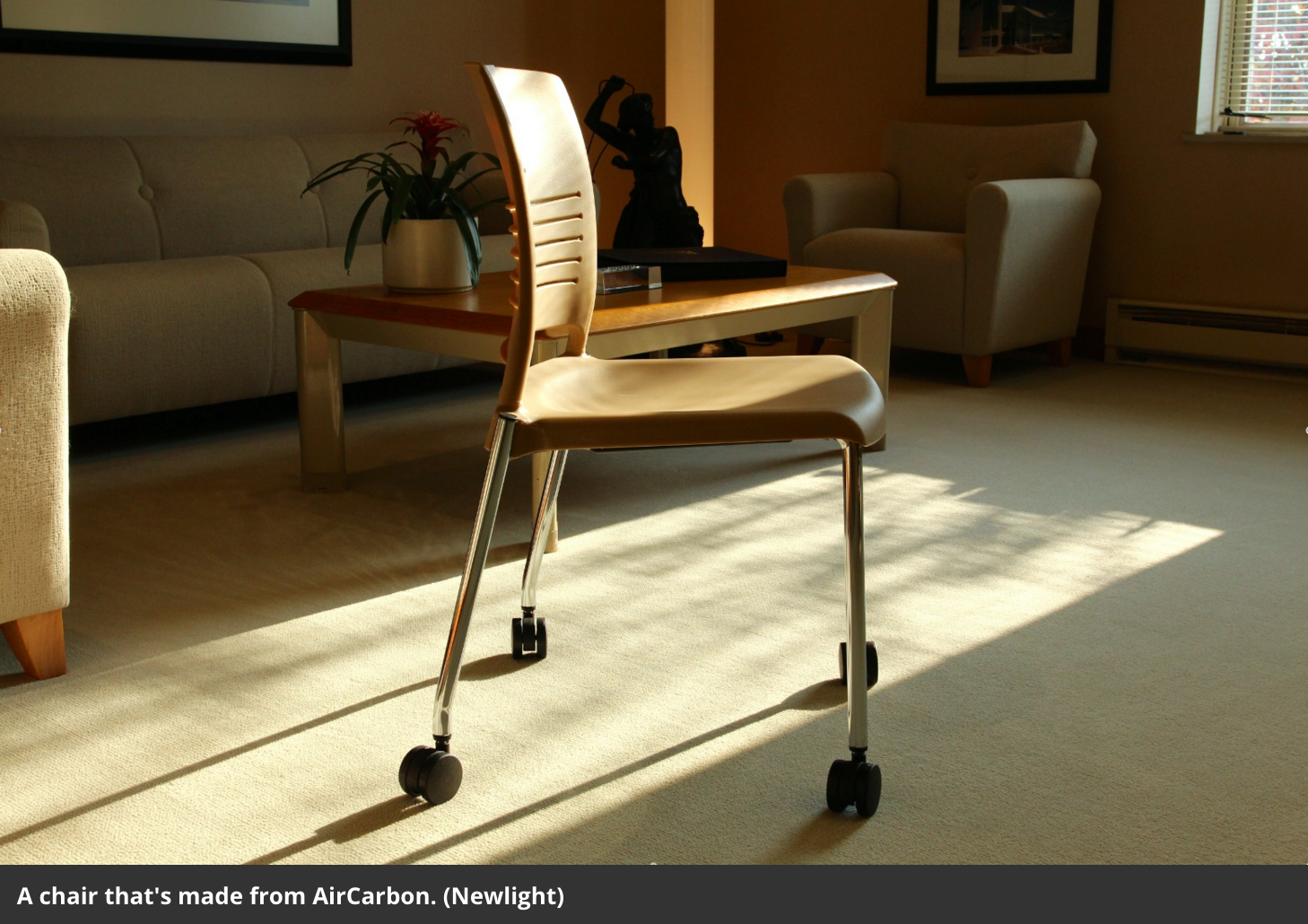IKEA SUPPLY AG and Newlight Technologies recently announced a supply, collaboration, and technology license agreement that will supply IKEA with AirCarbon PHA resins from Newlight’s commercial-scale production facilities and enable IKEA to produce AirCarbon thermoplastic under a technology license.
Under the agreement, IKEA will purchase 50% of the material from Newlight’s 23 ktpa plant in the United States, and subsequently IKEA has exclusive rights in the home furnishings industry to use Newlight’s carbon capture technology to convert bio-based greenhouse gases, first from biogas and later from carbon dioxide, into AirCarbon thermoplastics for use in its home furnishing products.
Both the companies will work together to identify and select the low cost carbon sources and development of the technology to use a range of renewable substrates, with a long term goal to develop capacities up to 453 ktpa or 1 billion pounds/year.
The AirCarbon plants are initially intended to run using biogas from landfills as their sole carbon feedstock inputs, with expansion into other AirCarbon feedstocks over time, such as carbon dioxide.
IKEA noted its goal of moving away from fossil-based materials to using plastic produced from renewable sources such as biogas, sugar wastes, and other renewable carbon sources. The company is starting with their home furnishing plastic products, representing about 40% of the total plastic volume used in the IKEA range. IKEA’s long-term 2020 goal is for all of its plastic materials used in home furnishing products to be 100% renewable and/or recyclable. As of its fiscal year 2015 report, around 23% of its plastics category products are already made from renewable or recycled sources.
By the way, the company also phased out this year its use of expanded polystyrene foam (EPS) packaging, and replaced them with recyclable and reportedly more sustainable alternatives. The volume of EPS used at IKEA before the change equaled 7,400 trucks filled with EPS foam (I wonder what’s the ton equivalent of this??). IKEA said it has replaced EPS foam with a fibre-based material that can be recycled many times and reportedly work well with recycling systems used by most countries today.
IKEA had around EUR3.5 billion in net profits last year, and around EUR31.9 billion in total global sales.
Tecnon OrbiChem has reported its recent analysis of the PHA market including lists of production capacities and company developers worldwide on its November 2015 Bio-Materials issue. A more in-depth analysis of Newlight Technologies and its commercial activities coming soon for Bio-Materials subscribers.




